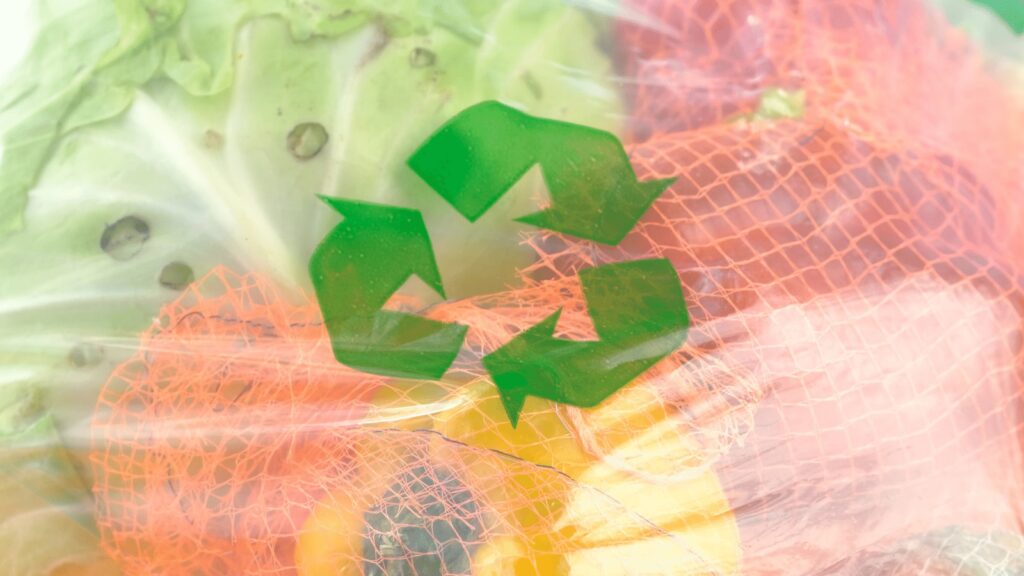Reduce or recycle ? It is going to take more than building better solid waste management systems. Everyone needs to be on board to solve this problem and individual actions count.
Today is Global Recycling Day, and it’s an excellent opportunity to ponder the words of David Katz, Founder, and CEO of Plastic Bank : “If you were to walk into a kitchen, sink overflowing, water spilling all over the floor soaking into the walls. You have a bucket, a mop or a plunger. What do you do first? Why don’t we turn off the tap?“
RELEVANT SUSTAINABLE GOALS



The Waste Problem : Recyling Is Not Enough
Recycling is analogous to a mop and bucket. It is NOT a long-term answer to our plastic problem. Instead, we’ve been persuaded that as long as we recycle, we can pat ourselves on the back and feel good about helping to keep the environment clean. But the fact is that it’s a lot more difficult than that
First, plastic can only be down-cycled or turned into something of lower quality. So all the single-use packaging we use is made from NEW plastic- petroleum, oil, and fossil fuel! A plastic water bottle might become a roof or leggings, but it will never be another water bottle.
As a result, we’re producing too much plastic for supply and demand to balance. There is a product called recyclable plastic, and there is much too much of it! But unfortunately, there isn’t nearly enough demand for used plastic to keep up with the massive amount entering recycling facilities every day.
If you were to walk into a kitchen, sink overflowing, water spilling all over the floor soaking into the walls. You have a bucket, a mop or a plunger. What do you do first? Why don't we turn off the tap?
David Katz (Founder and CEO of Plastic Bank)
The vast majority of plastic recycling is really exported overseas. It is being sold to numerous Southeast Asian countries that lack the necessary infrastructure. Workers are being employed to deal with this plastic, but they are compelled to labor in poor and hazardous circumstances, which has catastrophic human rights ramifications. Our plastic is poisoning these countries’ air and water, and then westerners shame Asian countries for the plastic floods washing up on their coasts!
Thrashing Our Throw-Away Culture
The desire for convenience in consumption is another waste and pollution contributor. A large part of this problem stems from overly packaged. Make environmentally friendly decisions at home by purchasing items with less plastic packaging. Move away from the throw-away culture. disposable society.
Make the decision to not just buy based on simplicity. Avoid purchasing single-use water bottles, single-use plastic baggies, grocery items with excessive packaging, and other plastic products that will not get plenty of use. Instead, make the most of what you already have. Before you toss something out and buy something new, see whether what you already have may be repaired or reused.
Buy products that last. Before acquiring any new goods, such as appliances, technology, or apparel, conduct research to see whether the product is durable or will break after only a few months. The cheapest choice is not necessarily the best one, and repeated purchases will cost you more money in the long term.
The article was initially published on 31st March 2022.
Lead image courtesy of Towfigu Barbhuiya via Unsplash.
You may also be interested in :
Tonotwiyat Tradition and Women Sacred Mangrove Forest In Papua



